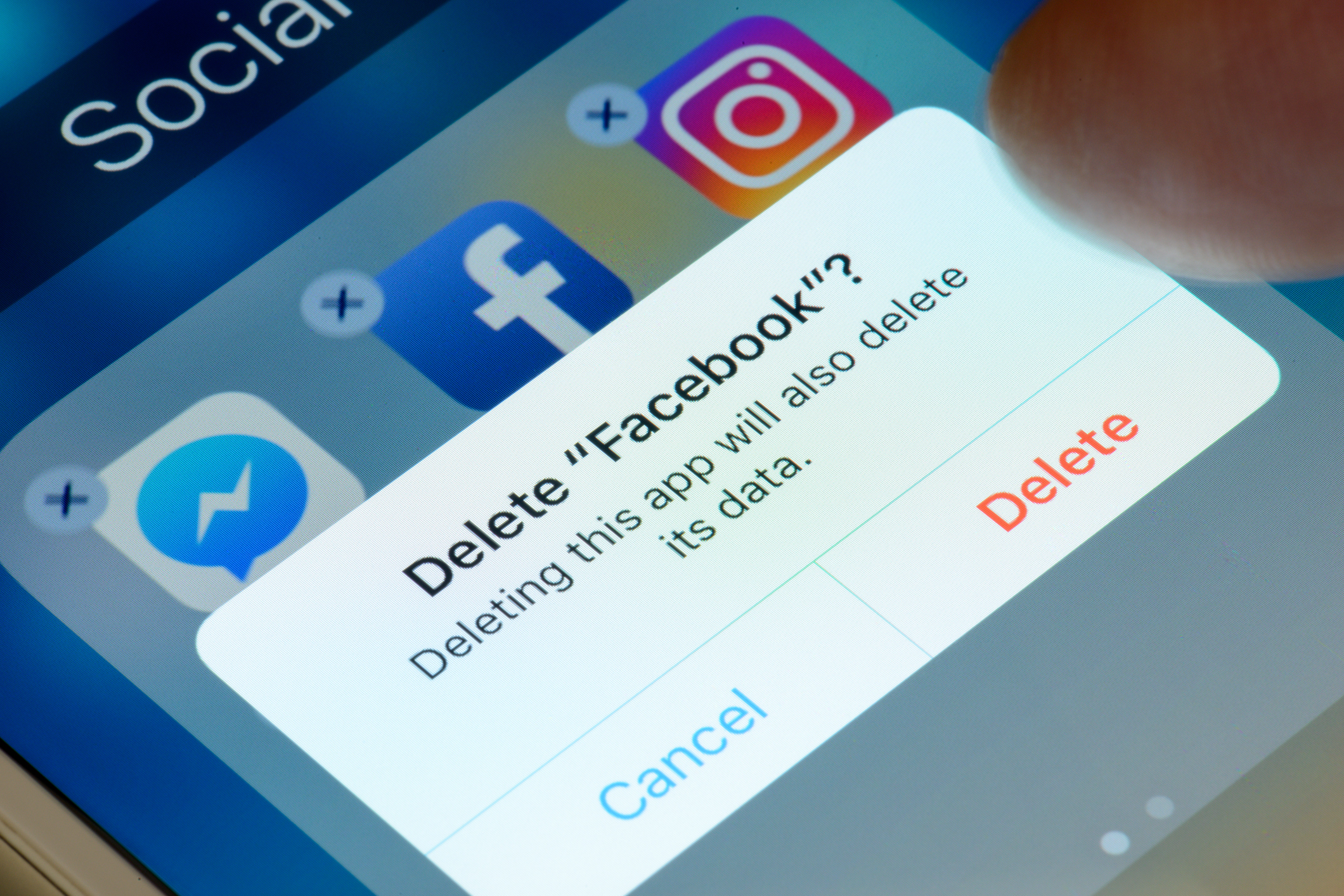In the early 20th century, Anaconda Copper was one of the biggest companies in the world. In the early 2000s, MySpace was the most visited website in the US and the largest social networking site in Europe. Facebook CEO Mark Zuckerberg might do well to ponder the fates of both.
Facebook has, to date, run roughshod over its competitors and opponents, whether fellow tech companies or governments. Largely it has done so because US law at the beginnings of the online revolution chose to exempt Big Tech from the communications regulations which govern other media. That may be about to end.
The Australian government took on Facebook – and won. The win is far from an unconditional surrender, but for the Big Tech titan, simply being forced to the bargaining table by a middle-power government and conceding the match has shown that even the thousand-pound gorilla of Silicon Valley is not invulnerable. Governments around the world are taking note.
Facebook’s brief but tempestuous standoff with the Australian government over a world-first pay-for-news law is only the start of a string of regulatory battles that the world’s biggest social network faces in 2021.
Mark Zuckerberg started the year on the offensive, blocking news across Australia to fend off demands that Facebook pay media companies for content shared on its platform.
As already reported on The BFD, Facebook’s bullying blew up in its face in a spectacular fashion. Zuckerberg, forced to deal personally with Australian Treasurer Josh Frydenberg, blinked.
But a regulatory domino effect is already underway, with publishers pressuring the European Union to emulate Australia’s approach.
With the prospect of more assertive regulation and even Apple questioning Facebook’s longstanding model of using data to better target advertising, the social media platform’s way of doing business faces being upended.
US legislators are voicing the loudest concerns about Facebook, with Representative David Cilline and chairman of the House antitrust subcommittee tweeting that the company “is not compatible with democracy.” Congress is holding hearings this week to consider tougher antitrust measures to rein in the powers of the company and other tech giants.
Prime Minister Scott Morrison, meanwhile, said he’s discussed Facebook with Indian Prime Minister Narendra Modi, Canadian leader Justin Trudeau, French President Emmanuel Macron and the UK’s Boris Johnson, whose government plans to conduct antitrust probes into its operations.
The Australian news-ban debacle is but the latest in a string of scandals which have plagued the social media giant.
Facebook has struggled to shake off deep-seated distrust since the Cambridge Analytica scandal exposed failings in safeguarding personal data. It courted fresh controversy this January when WhatsApp’s privacy policy was updated to help it share more information with its parent, leading to several lawsuits and a flood of users joining rival messaging services Telegram and Signal[…]
Among its other battles, the company has been hit with a lawsuit by the US Federal Trade Commission alleging a “multi-year course of illegal conduct” and anti-competitive behaviour. An unfavorable ruling in that case could ultimately force Facebook to sell off Instagram.
And Zuckerberg, along with the leaders of Twitter and Alphabet, will be answering US legislators’ questions in March about the spread of misinformation online and the responsibility of platforms to curtail it[…]
Outside of elected officials, the social network is involved in another thorny dispute with a rule-setting body of sorts: Apple. The iPhone maker plans changes to privacy rules on its mobile devices that will require explicit permission before software makers can collect certain data and track user activity across apps and websites.
Facebook, which relies on such information to fine-tune its ads, has been fighting the move in the public arena, taking out full-page advertisements in US newspapers and presenting itself as an advocate for small businesses.
Meanwhile, the Australian legislation could serve as a global benchmark for how to force tech titans to the negotiating table and pay the traditional media for their news content.
The Age
So far, the company has managed to wear the scandals largely by virtue of the “network effect”. But there are rising challengers. Before it was summarily wiped completely from the internet for over a month, Parler experienced a flood of new users. Free speech-oriented social network Gab has lately struggled to accommodate the weight of new subscribers.
In the past, Facebook’s approach to rivals was to simply buy them out. Given its strident “hate speech” attacks on both Parler and Gab, purchasing either would be a hypocrisy too far, even for Facebook.
Perhaps more dangerously, Facebook is no longer “cool”. Younger social media users are abandoning Facebook to the “Boomers”.
If a critical mass of users decide to walk away from Facebook, the network effect will reverse. Facebook could rapidly become the MySpace of the 2020s.
Please share this article so that others can discover The BFD

